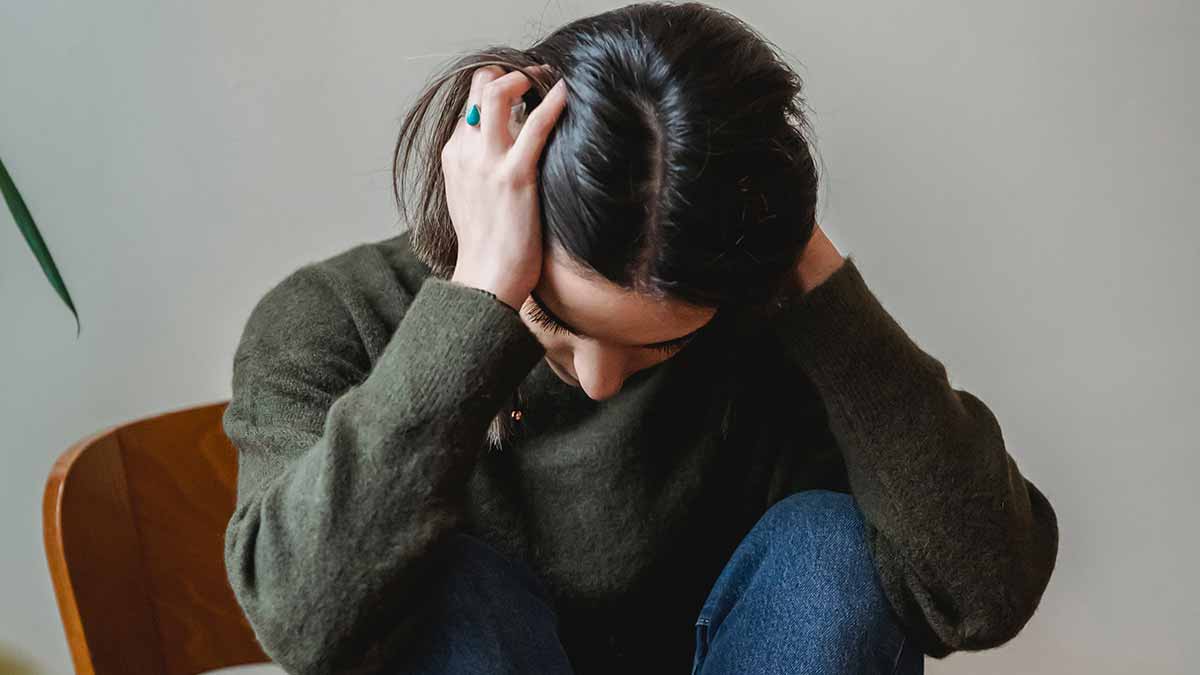Depression has a wide range of root causes. The incidence of the illness is thought to be caused by a confluence of genetic predispositions, bodily health issues, and stressful life experiences. Every single risk factor’s impact is felt differently by each patient. Therefore, it is crucial to understand the main reasons responsible for the occurrence of depressive states before we carry on with seeking treatment.
Depression – Genetic Causes
Researchers emphasize the significant contribution of hereditary variables to depression. Genetic causes are known to occur in families with a history of mood disorders. Moreover, addiction issues also increase the likelihood of getting depression. The risk among first-degree relatives (parents, children, and siblings) has been calculated to be between 10 and 25 percent.
As for now, researchers have not yet found the specific gene responsible for depressive states. Some scientists believe that multiple genes may be the problem as they accumulate and interact with outside issues.
You might be interested: Find Yourself During Midlife Crisis
Depression – Biological Causes
One of the most popular scientific theories on depression attributes its origin to problems with the way brain transmitters function. These hypotheses strongly emphasize the important role that dopamine, serotonin, and norepinephrine deficiencies as well as enhanced cholinergic transmission play. Arguments about the results of antidepressant therapy, whose mechanism of action is based on modulating neurotransmitters, support these ideas.
When it comes to biological aspects of depressive states, such symptoms are becoming more obvious to researchers. The latest knowledge on receptors’ functions may be the most crucial case here.
Medicine As a Separate Issue
Depressive states may also develop as a result of taking specific drugs and medication. These are a selection of preparations from such groups as:
- Hormonal contraceptives;
- Glucocorticosteroids (they are used, among others, in the case of asthma);
- Dopaminergic drugs (e.g. those recommended for the treatment of Parkinson’s disease);
- Anti-tuberculosis drugs;
- Drugs that act on the opioid receptor;
- Anti-cancer drugs;
- Immunomodulation drugs.
When consulting depressive states with your therapist, it is therefore important to share a list of drugs you take. Changes to the daily doses may prove to be a successful treatment method.
Psychological Roots of Depressive States
This group of issues and causes is whole different direction scientists take when examining depression. Stressful living circumstances (often known as stress factors) can potentially cause mental disorders. They can happen to anyone of any age, be that children, teenagers, adults, or elders. The most common factors may include:
- The loss of a family member or a close friend.
- Long-term separation from parents or spouse.
- Sexual and/or physical abuse.
- Losing a job or work-related problems.
- Issues with adaptation to new living conditions.
- Negative views on personal decisions from the past.
In 2022, we can also list a few more modern factors potentially responsible for mental health issues. These include the ongoing inflation, the war in Ukraine, as well as recurring SARS-CoV-2 waves. However, we could consider them as social factors, these situations are understood differently by each person.
Why Is It Important to Understand What Causes Depression?
Depression is a very complex mental health issue, which can have multiple causes occurring at the same time. Regardless of the main factors responsible for depressive states, understanding them can be helpful. After all, such knowledge could help find the best treatment methods. Hence, it is crucial to take a moment and sort such things out. In the end, it will be a good thing for your mental well-being.

